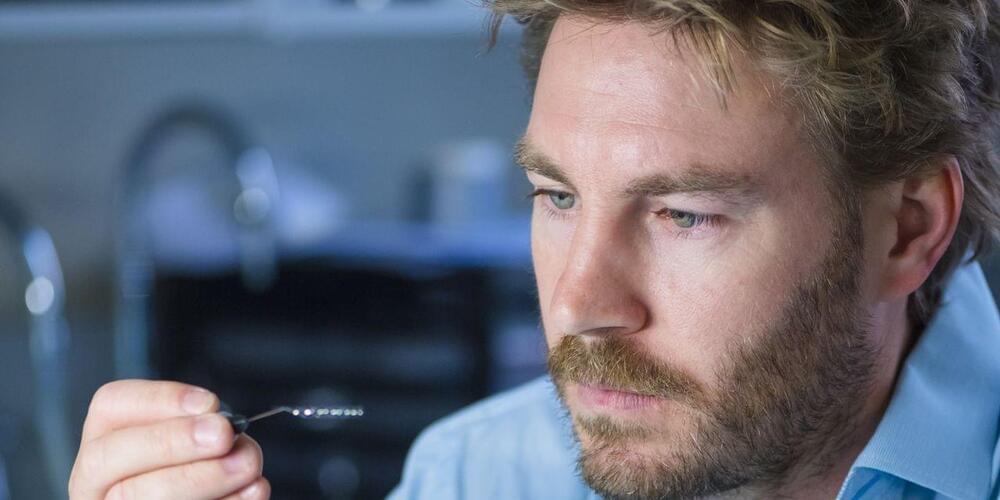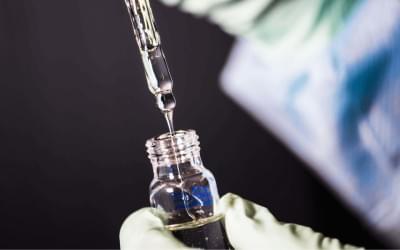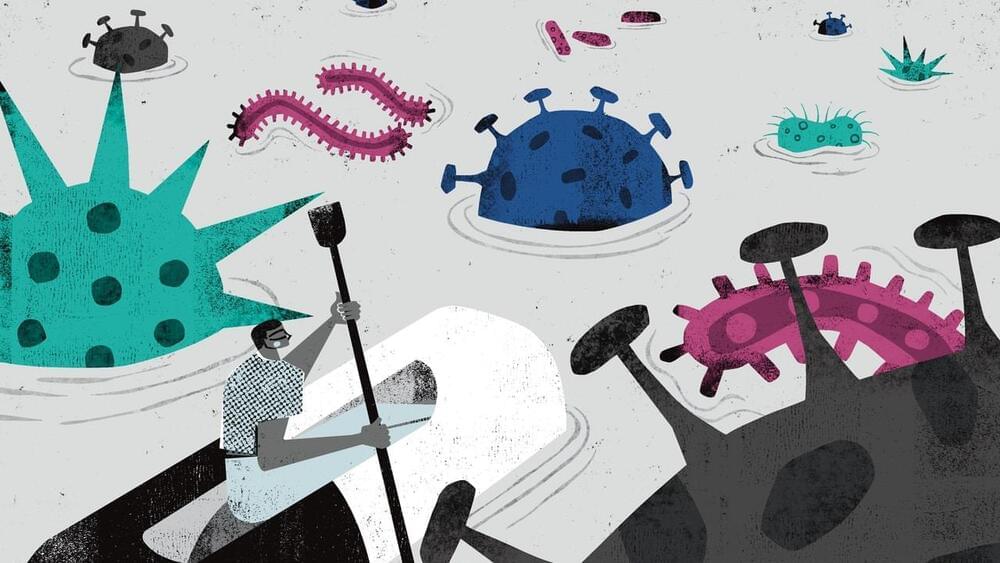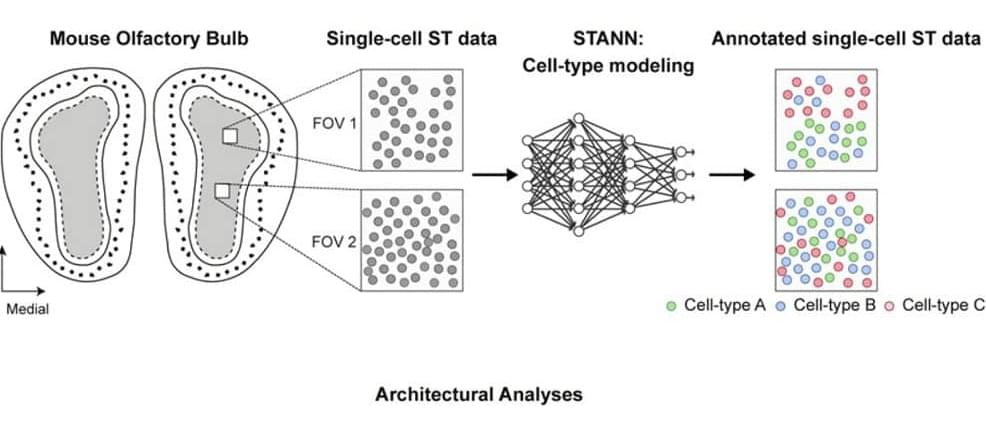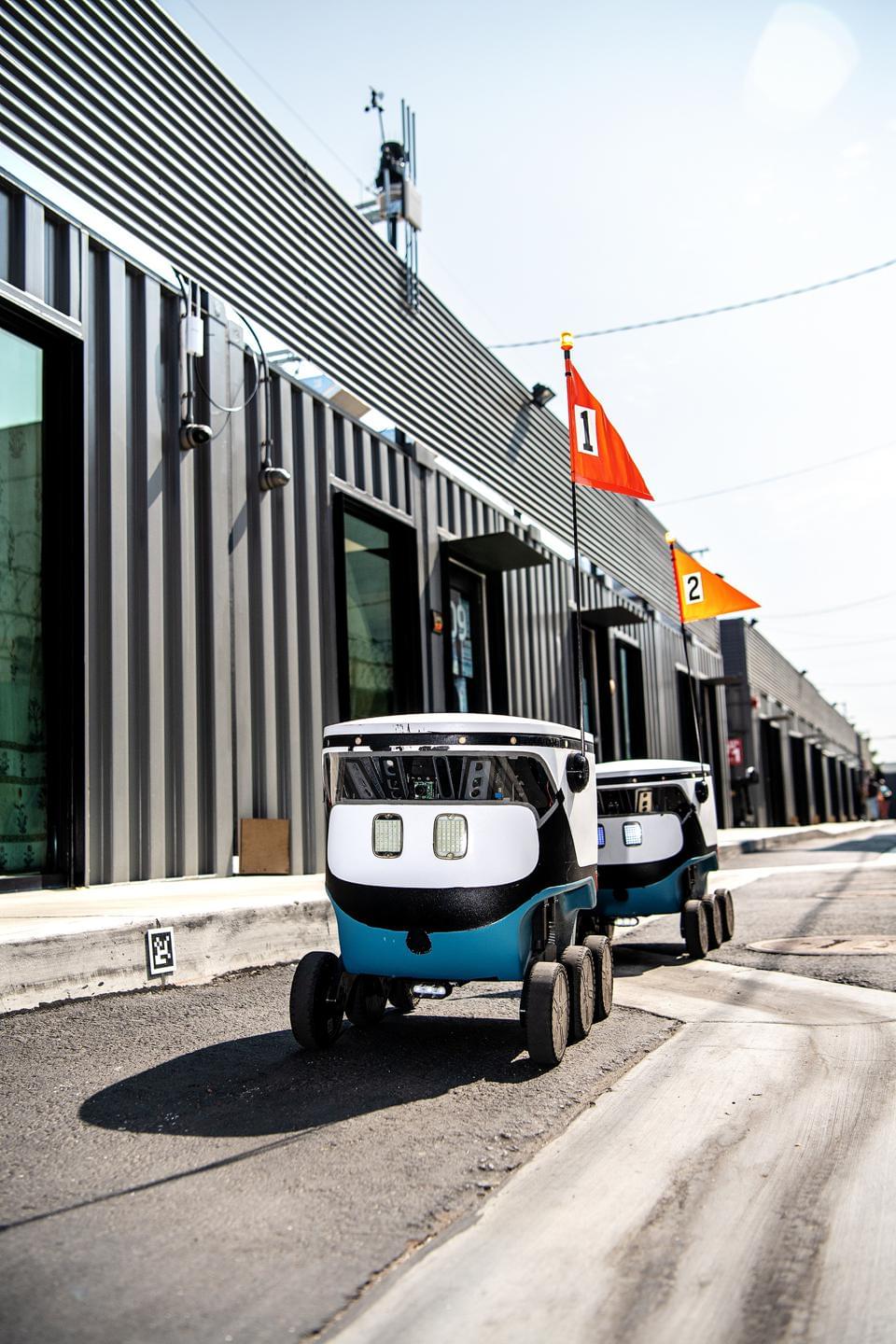When three is not enough.
Israel has announced a fourth dose of the COVID-19 vaccine to people older than 16. The additional dose will be given to senior citizens, medical workers, people with suppressed immune system.
#Israel #COVID #ImmuneSystem.
About Channel:
WION-The World is One News, examines global issues with in-depth analysis. We provide much more than the news of the day. Our aim to empower people to explore their world. With our Global headquarters in New Delhi, we bring you news on the hour, by the hour. We deliver information that is not biased. We are journalists who are neutral to the core and non-partisan when it comes to the politics of the world. People are tired of biased reportage and we stand for a globalised united world. So for us the World is truly One.
